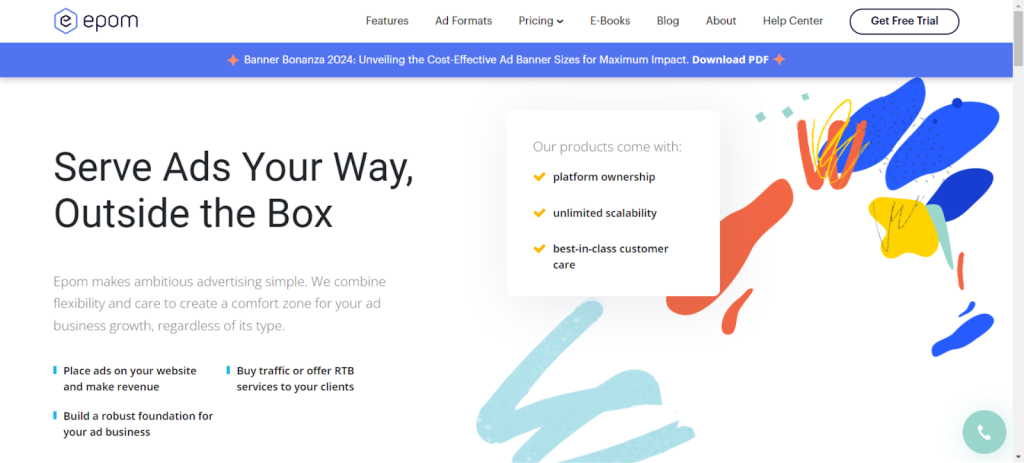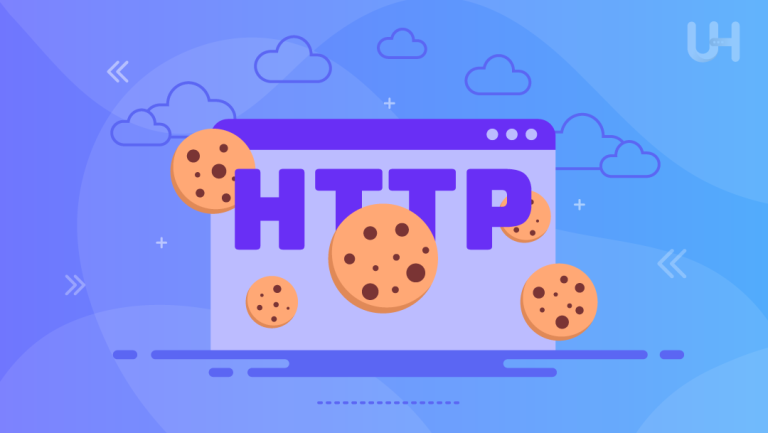The changing approach to Internet users’ privacy is limiting advertisers’ standard targeting mechanisms. The world is plunging into a “cookieless era” or user privacy era. In this article, we will discuss how successful advertising in the era of user privacy is possible.
There is a lot of talk about cookies right now, but some people still find it difficult to understand exactly what it means. We will explain cookies and cookieless in the clearest way possible.
Suppose we have a 5-year-old girl, Sonia. We would tell her, “Sonia, imagine you have a magic candy box. Every time you take a candy from it, the box remembers your choice: chocolate or caramel, filled or unflavored. And the next time you open the box, it will offer you candy of the same or similar flavor. Cookies work the same way on the Internet: they analyze statistical information about browsed sites to recommend something you might be interested in. And cookieless is when the box stops being magical and can no longer match the candy to your taste.”
Cookieless era continues to be a hot topic in the advertising market because of the increased focus on Internet users’ privacy and confidentiality. States are seeking to regulate the use of cookies.
European and American regulators are taking steps to protect confidential and private data. For Europe, the provisions of the General Data Protection Regulation (GDPR) apply. For the U.S., state laws such as the California Consumer Privacy Act (CCPA) apply. As a consequence, of course, tech giants like Apple and Google have made changes to both their browsers and operating systems. They restrict the use of third-party cookies and make it more difficult to analyze users’ online preferences.
This raises logical questions for market players:
- How to target ads based on users’ online preferences?
- How will these changes affect the effectiveness of advertising?
These are logical questions, as 3d-party cookies were the basis for many campaigns before the restrictions were introduced.
Targeting and personalization challenges arise. Third-party cookies allow advertisers to target audiences based on user interests and behavior. Without them, finding targeted segments to advertise becomes more difficult. Cookieless approach also impacts measuring the effectiveness of advertising campaigns. Third-party cookies have been used to track user interaction with ads and, therefore, measure conversion, one of the metrics that allows you to understand how effectively your budget was spent.
There will be an increased focus on first-party data – information the user agrees to provide directly to the advertiser, such as phone numbers, email addresses, preferences collected through loyalty programs, etc. Direct customer relationships can form the basis of targeting and personalization mechanics.
New opportunities and technical solutions will also emerge to provide an alternative to third-party cookies, balancing the business interest in improving the effectiveness of advertising campaigns with the user’s right to data privacy.
First of all, it is the use of 1st-party data that companies collect directly from their customers. They are used for advertising campaigns, provided that the user agrees to the processing of data and receipt of advertising.
In addition, the alternative is solutions like Universal ID or Unified ID, where third-party platforms offer to build models of user preferences and understand what content they consume to run campaigns based on some kind of Hard ID – a stable identifier, such as an email address. In particular, Google offered a solution such as Topics API – an anonymized collection of data about users’ interests that could be used to target advertising messages.

Epom is a family of adtech products that can help you optimize your marketing strategies in the user privacy era. Here’s how Epom solutions can help:
- First-party data utilization: Epom empowers advertisers to leverage their own first-party data effectively. With Epom’s solutions, advertisers can collect and utilize data directly from their audience interactions, such as website visits, app usage, and interactions with marketing strategies. This allows for more personalized targeting and messaging while maintaining user privacy.
- Dynamic creative optimization: Epom’s dynamic creative optimization capabilities enable advertisers to deliver highly personalized and engaging ad experiences based on real-time data signals such as location, weather, and user behavior. This helps to increase ad relevance and effectiveness without relying on third-party cookies.
- White-Label Ad Server: It offers you a customizable platform to maintain brand identity, drive revenue growth, and enhance client relationships. With full control over ad-serving processes and advanced targeting capabilities, you can tailor the platform to meet the specific needs of your clients or target audience, leading to increased customer satisfaction and retention.
- White-Label DSP (Demand-Side Platform): It offers a versatile solution that empowers companies to take control of their digital advertising campaigns and maximize their marketing efforts. By providing access to a wide range of ad inventory and optimization tools, Epom’s White-Label DSP allows companies to create highly targeted and effective customer experience strategies that drive engagement and increase conversion rate. Additionally, the platform offers comprehensive reporting and analytics, enabling you to track campaign performance and make data-driven decisions to optimize your advertising strategies.
Adtech platforms like Epom are real life-savers for marketers in the user privacy era. They help businesses successfully optimize their marketing strategies.
Conclusion
In the user privacy era, advertising forms a complex landscape where traditional methods must adapt to evolving consumer expectations and regulatory frameworks. As technology advances and privacy concerns become more prominent, advertisers must prioritize transparency, consent, and ethical data practices to maintain trust with their audiences. Using effective adtech solutions that focus on the customers’ privacy can improve targeted advertising while respecting user privacy boundaries.
To protect your sites against cookie fraud, deploy Cloudflare VPS hosting. UltaHost provides fully managed Cloudflare hosting with 24/7 unlimited support. Enhance the security and speed of your website with Cloudflare protected servers.










